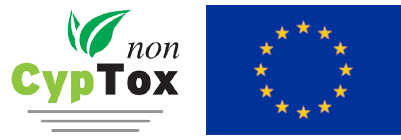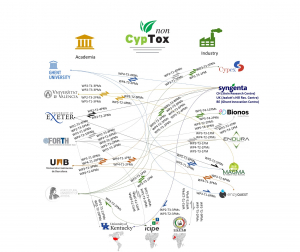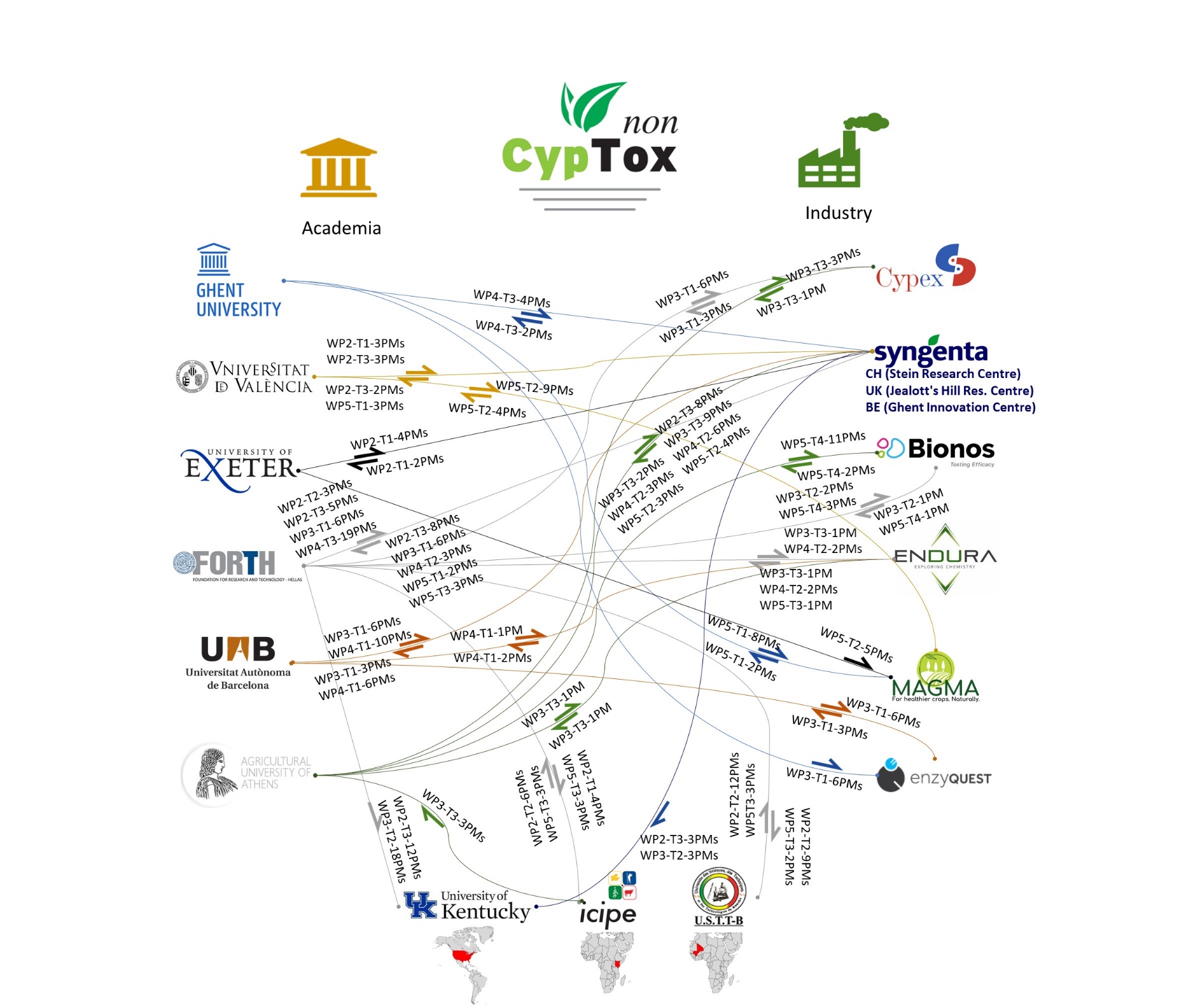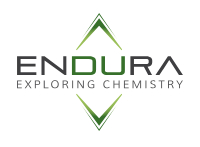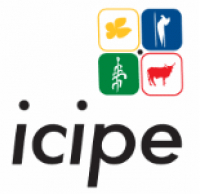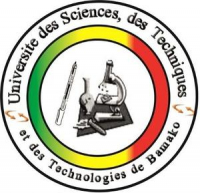🆕 New CypTox Open Access Publication! 📖
🧪 Insights in Protein Biochemistry: Protein Biophysics
🔗 https://www.frontiersin.org/journals/molecular-biosciences/articles/10.3389/fmolb.2023.1207184/full
📢 The agenda of the workshop "Rational Use of Pesticides" 🧪🌿 is now online!
🦟 The "Vector Control: Insecticides and Beyond" workshop agenda is available! Dive into cutting-edge vector control 🚫🦠
Ready for the future of pesticide discovery? The agenda of the “In Silico Approaches” workshop is here! 💻🧪
🆕 New CypTox Open access Publication ! 📖
🧬 Insect Cytochrome P450s: Diversity, Insecticide Resistance, and Toxicological Significance
🔗 Open Access Link: https://zenodo.org/record/5902546#.Y7V6snZBxmN
🆕 New CypTox Open access Publication ! 📖
🧬 Functionally characterized arthropod pest and pollinator cytochrome P450s associated with xenobiotic metabolism
🔗 Open Access Link: Open Access Link: https://zenodo.org/record/5903059#.Y7V7Z3ZBxmN
🆕 New CypTox Open access Publication ! 📖
🐝 Identification and Functional Characterization of CYP3002B2 in Varroa destructor resistance to amitraz & flumethrin
🔗 Open Access Link: https://www.sciencedirect.com/science/article/pii/S004835752500077X
🆕 New CypTox Open access Publication ! 📖
🕷️ CYP392A and CYP392D: Key players in acaricide metabolism in Tetranychus urticae
🔗 Open Access Link: https://zenodo.org/records/15906306
🆕 New CypTox Open access Publication ! 📖
🪰 Comparative Genomics of Insecticide Target Genes Across 11 Phlebotomine Sand Flies
🔗 https://academic.oup.com/gbe/article/16/9/evae186/7748051
🆕 New CypTox Open access Publication ! 📖
🧪 Insights in Protein Biochemistry: Protein Biophysics
🔗 https://www.frontiersin.org/journals/molecular-biosciences/articles/10.3389/fmolb.2023.1207184/full
5. CypTox Educational Videos
E-learning capsule: “Towards Safe and Selective Insecticides. Development of Safe and Selective Insecticides: current status and future advances”
Our progress so far
Introduction & Objectives:
CypTox – A Step Towards Safer Insecticides
Insect-borne diseases and crop pests continue to threaten global health and food security. While insecticides have saved millions of lives, rising resistance and limited low-risk options demand urgent innovation.
💡 CypTox’s Mission:
CypTox harnessed advanced biotechnology to target the cytochrome P450 (CYP) detoxification pathway—developing next-generation insecticides that are both highly effective against pests and safe for pollinators, humans, and the environment.
🔧 What We Achieved:
-
Designed high-throughput enzyme/cell screening tools and in silico platforms for smart insecticide development.
-
Delivered robust training, industry-academia mobility, and innovation-ready tools for resistance management.
-
Built a strong academic-industry-global partner network, enabling real-world impact and career development.
🎯 Objective:
To exploit CYP pathways for highly selective, resistance-breaking insecticides, making pest and vector control more efficient, sustainable, and safe.
Current phase of the project: Reporting Period 2 – Final Reporting Period
Secondments progress:
152 secondment months were implemented
Training Events progress:
Over the course of the CypTox project, a total of 5 major training events were organized, including 2 hands-on practical courses, 2 thematic workshops, and 1 interactive e-learning capsule developed by Syngenta. In addition, secondments included on-site training sessions at academic and industrial host institutions (e.g., Syngenta, EnzyQuest, Bionos, MAGMA), covering good laboratory practices, biosafety, and specialized technical skills. These activities provided comprehensive career development and technical upskilling for all seconded researchers.
Technical progress
🚀 CypTox Project – Final Results at a Glance
In its final phase, CypTox successfully delivered on its promise to develop safe, selective insecticides by harnessing cutting-edge biotechnology. Over 150 secondment months boosted collaboration between academia and industry, powering innovation across sectors.
🔬 Key Results:
-
Built a curated CYP gene database and confirmed detoxification roles using advanced reporter systems and field samples.
-
Developed functional CYP-based assays, stable insect/mammalian cell lines, and scalable expression platforms.
-
Discovered natural synergists like curcumin and validated selective pro-insecticides through in vitro and in vivo profiling.
-
Tested lead compounds on pests and vectors in bioassays, confirming high efficacy and low non-target toxicity.
📚 Training & Impact:
CypTox delivered 5 major training events, a public e-learning capsule, and strong outreach via workshops, conferences, and public science events—leaving a lasting legacy in safe pesticide development.
4. CypTox Workshop: Personal Career Development Plan
21st of September 2022
The CypTox Workshop: Personal Career Development Plan will take place on the 21st of September 2022 at IMBB-FORTH with physical attendance only.
The agenda of the Workshop is available here (pdf).
3. Practical Course: Enzyme Biotechnology– CYP applications
22nd of September 2022
The CypTox Practical Course: Enzyme Biotechnology– CYP applications will take place on the 22nd of September 2022 at IMBB-FORTH with physical attendance only.
The agenda of the Practical Course is available here (pdf).
2. Mid-Term-Meeting
23rd of September 2022
The CypTox Mid-Term-Meeting will take place on the 23rd of September 2022 at IMBB-FORTH with option of virtual participation (hybrid meeting). The main objectives of the meeting will be to:
-Review tasks and activities (in preparation of EU Report).
-Clarify technical and/or managerial issues.
-Define action plan for next period.
The agenda of the Mid-Term-Meeting is available here (pdf).
CypTox Kick-off Agenta
Kickoff Agenda of CypTox
Follow us on
Disclaimer
This project has received funding from the European Union's Horizon 2020 research and innovation programme under the grant agreement No 101007917
Overview of CypTox planned Secondments
Contact us
FORTH-IMBB
| Project Coordinator: John Vontas |
|---|
 |
| Website: https://www.aua.gr/vontas |
| E-mail: This email address is being protected from spambots. You need JavaScript enabled to view it. , This email address is being protected from spambots. You need JavaScript enabled to view it. |
| Phone: +30 2105294545 (office) |
| 1. | Foundation of Research and Technology-FORTH | |
|---|---|---|
| Dr. John Vontas | E-mail:This email address is being protected from spambots. You need JavaScript enabled to view it. | |
| 2. | Agricultural University of Athens - AUA | |
|---|---|---|
| Prof. Nikolaos Lambrou | E-mail:This email address is being protected from spambots. You need JavaScript enabled to view it. | |
| 3. | ENDURA SpA | |
|---|---|---|
| Dr. Carla Marchioro | E-mail:This email address is being protected from spambots. You need JavaScript enabled to view it. | |
| 4. | MAGMA Agricultural Inputs S.A. | |
|---|---|---|
| Prof. Ayse Yarali Paisios |
E-mail: This email address is being protected from spambots. You need JavaScript enabled to view it. |
|
| 5. | Universitat de València - UVEG | |
|---|---|---|
| Prof Joel González Cabrera |
E-mail:This email address is being protected from spambots. You need JavaScript enabled to view it. |
|
| 6. | Cypex Ltd | |
|---|---|---|
| Dr Michael Voice |
E-mail:This email address is being protected from spambots. You need JavaScript enabled to view it. |
|
| 7. | GHENT UNIVERSITY- UGENT | |
|---|---|---|
| Prof Thomas Van Leeuwen |
E-mail: This email address is being protected from spambots. You need JavaScript enabled to view it. |
|
| 8. | The University of Exeter | |
|---|---|---|
| Prof. Chris Bass |
E-mail:This email address is being protected from spambots. You need JavaScript enabled to view it. |
|
| 9. | ENZYQUEST | |
|---|---|---|
| Dr. Dimitrios Koutsioulis |
E-mail: This email address is being protected from spambots. You need JavaScript enabled to view it. |
|
| 10. | Universitat Autònoma de Barcelona- UAB | |
|---|---|---|
| Prof Jean-Didier Maréchal |
E-mail: This email address is being protected from spambots. You need JavaScript enabled to view it. |
|
| 11. | SYNGENTA- CH | |
|---|---|---|
| Dr. Christoph Zimmer |
E-mail: This email address is being protected from spambots. You need JavaScript enabled to view it. |
|
| 12. | SYNGENTA- UK | |
|---|---|---|
| Dr. Jacob Riveron |
E-mail: This email address is being protected from spambots. You need JavaScript enabled to view it. |
|
| 13. | SYNGENTA- BE | |
|---|---|---|
| Dr. Kaat Cappelle |
E-mail: This email address is being protected from spambots. You need JavaScript enabled to view it. |
|
| 14. | BIONOS | |
|---|---|---|
| Dr. Jose Luis Mullor |
E-mail:This email address is being protected from spambots. You need JavaScript enabled to view it. |
|
| 15. | University of Kentucky | |
|---|---|---|
| Dr. S. Reddy Palli |
E-mail:This email address is being protected from spambots. You need JavaScript enabled to view it. |
|
| 16. | International Centre of Insect Physiology and Ecology | |
|---|---|---|
| Prof. Baldwyn Torto |
E-mail:This email address is being protected from spambots. You need JavaScript enabled to view it. |
|
| 17. | Universite des Sciences des Techniques et des Technologies de Bamako-USTTB | |
|---|---|---|
| Prof Sekou F. Traore |
E-mail: This email address is being protected from spambots. You need JavaScript enabled to view it. |
|
